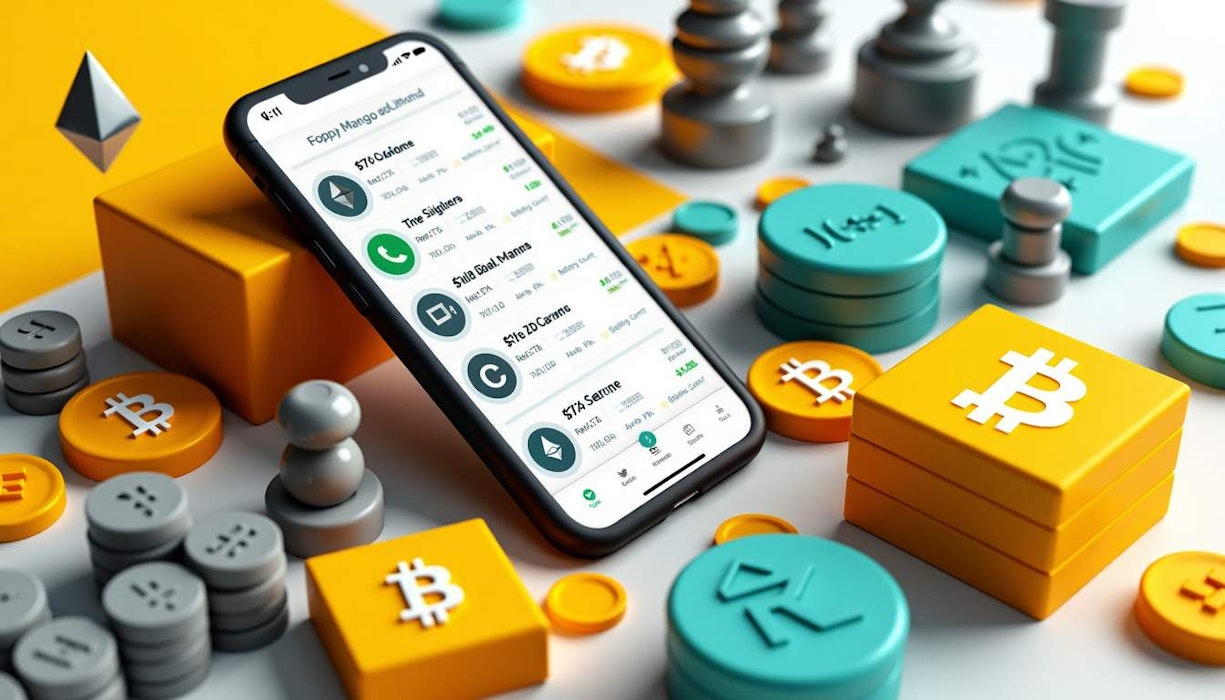Gaming has always been a step ahead when it comes to adopting new tech. Now, with blockchain on the scene, we're looking at a potential revolution in how we play, earn, and own our digital experiences. Enter Gameshift, a new crypto trading platform from Solana Labs and Google Cloud that aims to seamlessly integrate Web3 components into traditional gaming setups. But is it all sunshine and rainbows? Let’s break it down.
The Challenge of Integration
Gameshift is designed for developers who are still in the comfort zone of Web2 but are curious about dipping their toes into the waters of blockchain. According to Jack Buser from Google Cloud, many game studios feel overwhelmed by the complexities of Web3. And honestly, I can see why—there’s a whole culture around it that can be daunting if you're not already part of it.
But here’s where Gameshift shines: it acts as a bridge. By simplifying the process of integrating digital assets like NFTs into existing frameworks, it allows developers to gradually adopt this new paradigm without overhauling their entire workflow.
Benefits and Drawbacks
Now let’s talk about some pros and cons here because nothing is perfect.
Pros: Lower Costs and New Revenue Streams
One major advantage of using blockchain technology is the reduction of intermediaries. Traditional payment systems are filled with middlemen who take their cuts—banks, card networks, payment processors—you name it. With blockchain's peer-to-peer transactions, those costs can drop significantly.
For small businesses—especially those in Latin America trying to navigate high cross-border fees—this could be revolutionary. Plus, there are new economic models on the horizon like play-to-earn that could create fresh revenue streams for both players and developers.
Cons: Complexity and Hesitance
On the flip side, there’s still that barrier of entry. Many game studios might sit on the fence for a while longer simply because they perceive blockchain integration as too complex or disruptive to their current processes.
And let's not forget about environmental concerns associated with some blockchains; although many are moving towards greener solutions, it's still something that weighs on people's minds.
A Glimpse Into The Future
So where does this leave us? As more platforms for crypto emerge and tools like Gameshift become available, I think we're going to see an acceleration in adoption.
True digital ownership via NFTs could lead to more engaged player bases; after all, who wouldn't want to own a unique sword or skin that they could potentially use across multiple games?
By bridging Web2 and Web3 effectively, Gameshift may just be paving the way for an entirely new gaming landscape—one that's more equitable for players and profitable for developers.
In summary: Are we ready for this shift? It seems so—but only time will tell if everyone will jump aboard.
